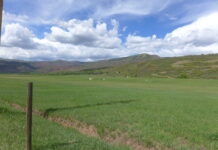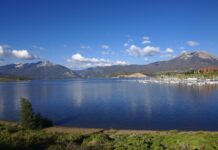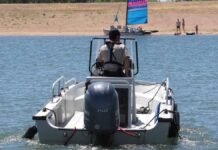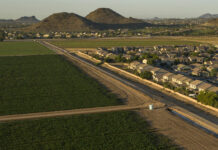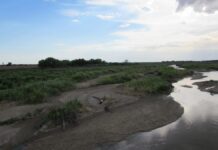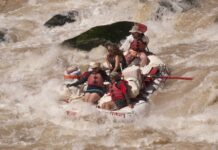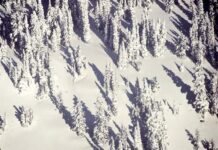As budget crisis envelops Colorado government, funding for water programs shrinks
State lawmakers sought to cut $3.3 billion from water programs to compensate for one of the largest deficits in its history.
City of Aspen banks on creative thinking for ATM water project
The city of Aspen is moving ahead on a project aimed at increasing the reliability of its water supply and environmental flows through what’s known as an “alternative transfer method,” or ATM.
Courtroom battle could lead to limits on fluoridation of drinking water
A trial underway in San Francisco could spell the beginning of the end of water fluoridation in America, potentially affecting drinking water for hundreds of millions of people.
The delicate dance of Dillon Reservoir during spring runoff
Managing how water moves from one side of the Continental Divide to the other requires cautious timing and accurate forecasting.
Chatfield Reservoir’s $171M redo complete, with new storage for Front Range cities, farmers
Chatfield Reservoir, one of the largest liquid playgrounds in the Denver metro area, will now store water under a $171 million deal.
Arizona’s water supplies are drying up. How will its farmers survive?
By Stephen R. Miller, Food and Water Reporting Project
Photography by Bill Hatcher
You could almost visit Arizona without noticing it was a farming state. If you flew into Phoenix in an aisle seat,...
Colorado AG, top water quality regulator vow to challenge new Clean Water Act rule
Though many agricultural interests and water utilities support the new Waters of the U.S. (WOTUS) rule, as it is known, Colorado Attorney General Phil Weiser and Patrick Pfaltzgraff, director of the state’s Water Quality Control Division, said they will take legal action to protect streams that are no longer subject to federal oversight.
Colorado River Econ 101
By Kurt Repanshek, National Parks Traveler
From the high country in Rocky Mountain National Park a muddy flush of water rushes downstream, through western Colorado. It turns left, going south...
Climate change reducing Colorado River runoff
By Kurt Repanshek, National Parks Traveler
By mid-century, annual runoff into the Colorado River could be reduced by nearly a third as declining snowpack leads to greater evaporation of snowmelt,...
Not enough water and too many invasives at Glen Canyon National Recreation Area
Years of drought, upstream diversions and impoundments, and an overly optimistic forecast of Colorado River flows, have sapped the river once literally called Grand.




